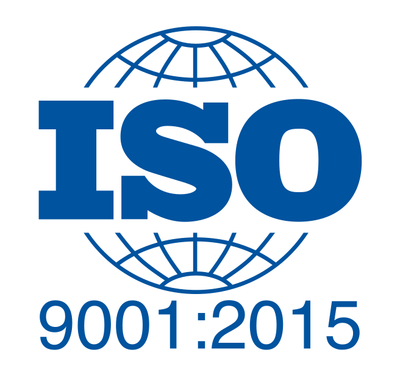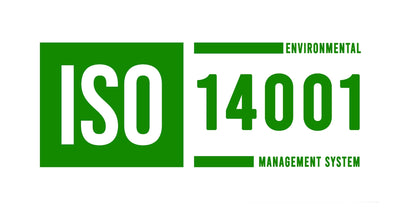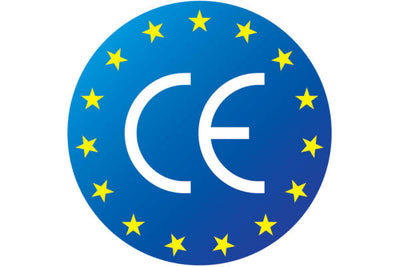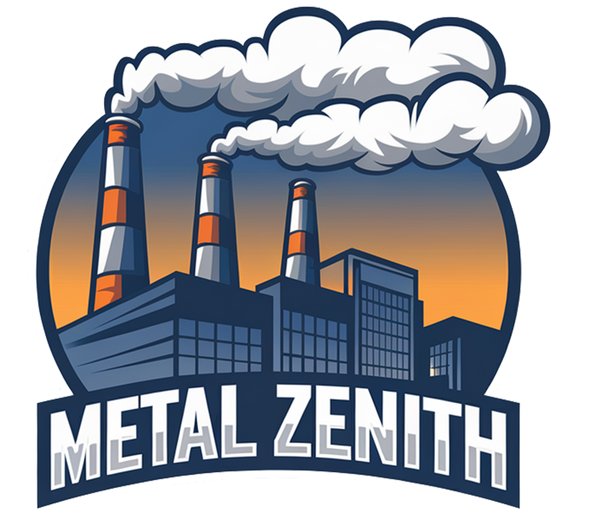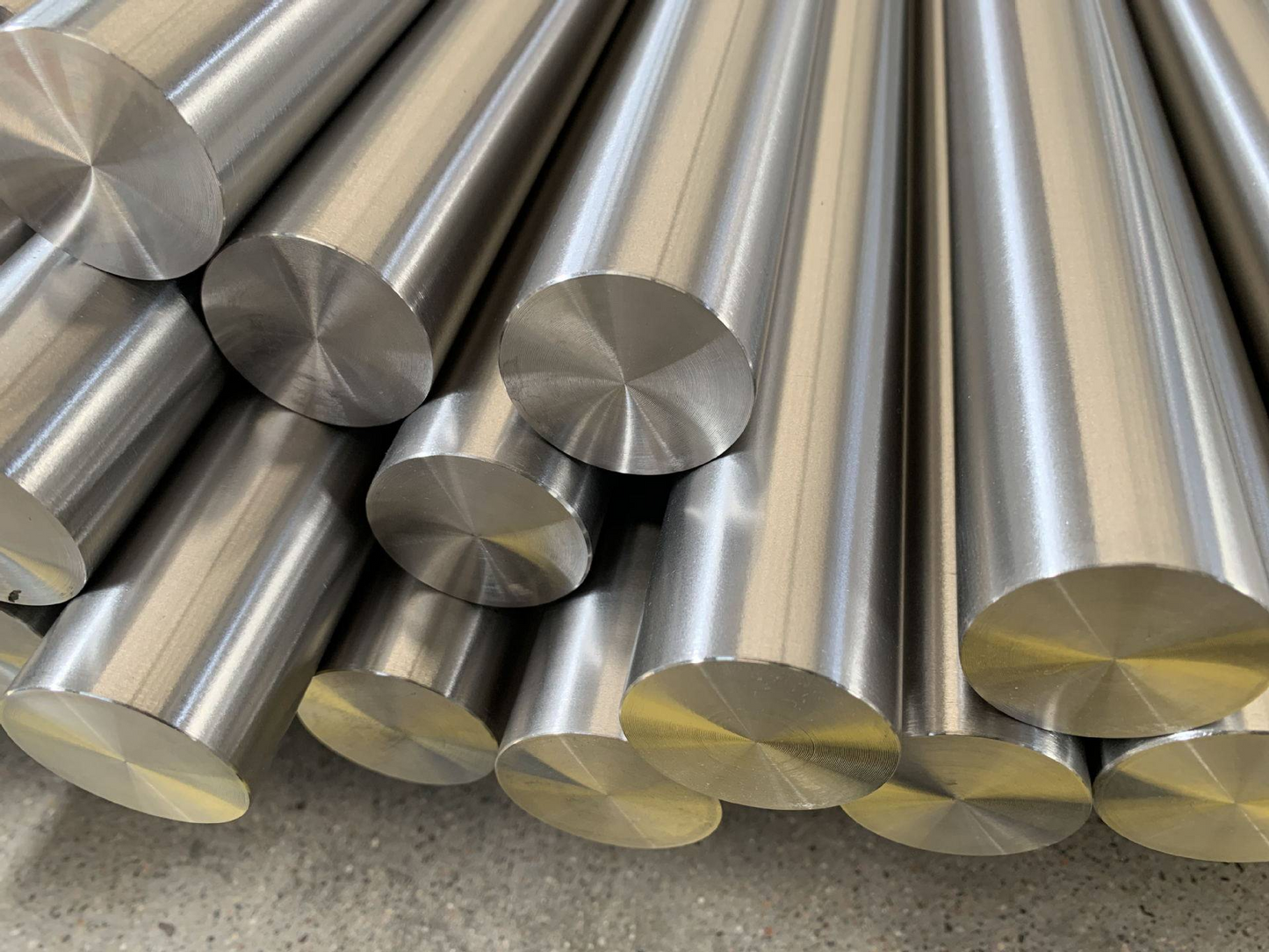
20 Years Experience | 1000+ Brand Partners | Full Customization
We have 20 years of industry experience, have partnered with over 1,000 brands, and support any customization needs.
Technical Specifications
Product Overview
Metallurgical Characteristics for Cryogenic Service
Low Carbon Steel Low Temperature Grade features a fine-grained ferritic-pearlitic microstructure optimized for cryogenic applications. The controlled addition of nickel enhances low-temperature toughness, while aluminum deoxidation ensures fine grain structure. The steel maintains excellent ductility and impact resistance at temperatures down to -196°C through careful control of carbon content and grain refinement.
Specialized Heat Treatment Process
MetalZenith employs controlled normalization at 900-920°C followed by controlled cooling to achieve optimal microstructure for cryogenic service. Fine grain practice is utilized to ensure ASTM grain size 6 or finer, critical for low-temperature impact properties. Post-heat treatment stress relief at 580-620°C may be applied for thick sections to optimize residual stress distribution.
Advanced Manufacturing Process
Our manufacturing process incorporates controlled rolling with finish rolling temperatures above 850°C to ensure proper austenite conditioning. MetalZenith utilizes advanced ladle metallurgy for precise chemistry control and inclusion modification, followed by continuous casting with electromagnetic stirring for homogeneous microstructure. All processes are optimized to achieve superior low-temperature performance.
Comprehensive Cryogenic Testing Protocol
MetalZenith conducts extensive low-temperature testing including Charpy V-notch impact testing at -196°C, ductile-to-brittle transition temperature (DBTT) determination, crack tip opening displacement (CTOD) testing, and low-temperature fatigue crack growth rate analysis. Drop weight tear testing (DWTT) and fracture appearance transition temperature (FATT) evaluations ensure reliable performance in cryogenic service conditions.
Application-Specific Technical Considerations
For LNG storage applications, the steel provides exceptional thermal shock resistance and maintains structural integrity during rapid temperature cycling. In low-temperature pipeline systems, superior fracture toughness prevents brittle failure under operational stresses. For polar equipment, enhanced impact resistance ensures reliability in extreme arctic conditions. Aerospace applications benefit from the steel's lightweight strength and cryogenic fuel compatibility, while superconducting equipment applications utilize the material's stable magnetic properties and thermal conductivity at cryogenic temperatures.
🧪 Chemical Composition
| Element | Composition (%) |
|---|---|
| Carbon (C) | ≤ 0.30 |
| Manganese (Mn) | 0.40 - 1.06 |
| Silicon (Si) | 0.10 - 0.35 |
| Phosphorus (P) | ≤ 0.025 |
| Sulfur (S) | ≤ 0.025 |
| Nickel (Ni) | 0.40 - 1.00 |
| Aluminum (Al) | ≥ 0.020 |
| Copper (Cu) | ≤ 0.40 |
⚙️ Mechanical Properties
| Property | Value |
|---|---|
| Low Temperature Yield Strength at -196°C (MPa) | ≥ 240 |
| Tensile Strength (MPa) | 415 - 550 |
| Low Temperature Impact Energy at -196°C (J) | ≥ 27 |
| DBTT Temperature (°C) | ≤ -100 |
| Fatigue Strength at -196°C (MPa) | ≥ 180 |
| Fracture Toughness KIC (MPa√m) | ≥ 100 |
| Elongation (%) | ≥ 22 |
🔬 Physical Properties
| Property | Value |
|---|---|
| Density (g/cm3) | 7.87 |
| Melting Point (°C) | 1510 - 1540 |
| Low Temperature Thermal Conductivity at -196°C (W/m·K) | 52.8 |
| Thermal Expansion Coefficient (×10??/K) | 11.8 |
| Low Temperature Elastic Modulus at -196°C (GPa) | 220 |
| Specific Heat Capacity (J/kg·K) | 460 |
📏 Product Specifications
| Specification | Details |
|---|---|
| Available Forms | Plates, Sheets, Pipes, Tubes, Forgings, Bars |
| Thickness Range | 3 - 150mm |
| Width Range | 1000 - 3500mm |
| Length Range | 6000 - 15000mm |
| Standards Compliance | ASTM A333, ASME SA-333, EN 10028-4 |
| Heat Treatment Condition | Normalized, Fine Grain Practice |
| Service Temperature Range | -196°C to +400°C |
Let Us Create Success for Your Project
Professional Team, Premium Products, Complete Service - Your Project Success is Our Mission
Our Advantages in Processing Low Carbon Steel (Low Temperature Grade)

Advanced Cryogenic Processing Technology
MetalZenith employs specialized controlled cooling and normalization processes with precise temperature monitoring to achieve optimal fine-grain microstructure. Our advanced cryogenic processing ensures exceptional impact toughness and ductility retention at temperatures down to -196°C, critical for LNG and aerospace applications.
Comprehensive Low-Temperature Testing
Our rigorous quality control includes specialized cryogenic testing protocols: Charpy V-notch impact testing at -196°C, ductile-to-brittle transition temperature (DBTT) determination, crack propagation rate analysis, and low-temperature fatigue performance evaluation. These tests ensure reliable performance in extreme cold environments.


Custom Cryogenic Solutions
MetalZenith provides tailored solutions for cryogenic applications with custom heat treatment schedules, specialized forming processes, and comprehensive technical support. Our engineering team works closely with clients to optimize material properties for specific low-temperature service conditions.
YOUR TRUSTED STEEL
MANUFACTURING PARTNER
Quick Inquiry
Industries We Serve
Professional steel solutions across major industries
Qualifications & Certifications
